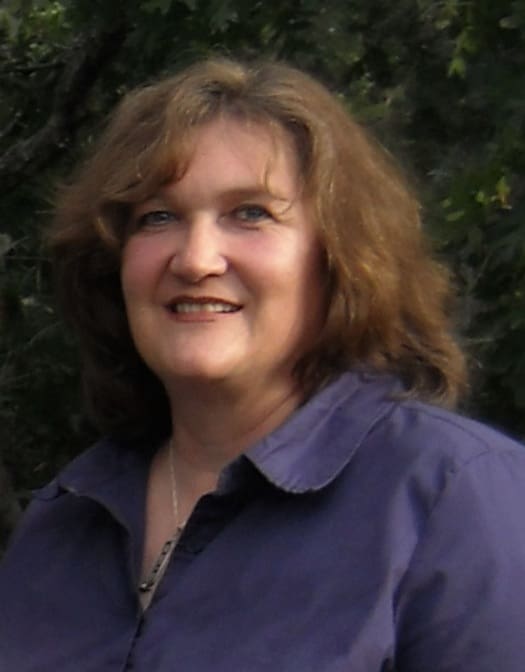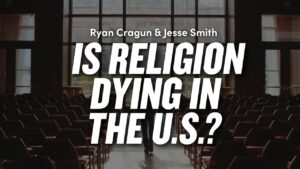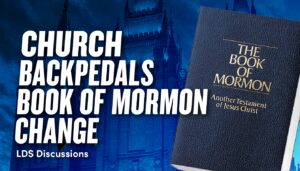 In today’s interview, Natasha Helfer Parker interviews Dr. Barbara Morrell — a licensed psychologist working in the Brigham Young University Counselling and Psychological Services. She divides her time between doing psychotherapy and coordinating the Stress Management and Biofeedback Services. Her interest in and experience with treating childhood sexual abuse began during her masters program in 1985 working as a volunteer counselor with AMACs (Adults Molested as Children). She received her Ph.D. in Counseling Psychology from BYU in 1997 and wrote her dissertation on adult men who had been sexually abused as children. Barbara began working in the BYU Counseling Center in 1996 and for many years was the sexual assault liaison between the center and the University Police, county law enforcement, and other agencies. Students who had been sexually assaulted were referred directly to her for immediate help and ongoing therapy. Dr. Morrell has served two LDS missions, one to Taiwan at the normal missionary age, and 10 years later she took a leave of absence from her work as a high school counselor for a second mission to Geneva Switzerland. She loves teaching in the Church and loved working for two years as a temple worker in the Provo temple.
In today’s interview, Natasha Helfer Parker interviews Dr. Barbara Morrell — a licensed psychologist working in the Brigham Young University Counselling and Psychological Services. She divides her time between doing psychotherapy and coordinating the Stress Management and Biofeedback Services. Her interest in and experience with treating childhood sexual abuse began during her masters program in 1985 working as a volunteer counselor with AMACs (Adults Molested as Children). She received her Ph.D. in Counseling Psychology from BYU in 1997 and wrote her dissertation on adult men who had been sexually abused as children. Barbara began working in the BYU Counseling Center in 1996 and for many years was the sexual assault liaison between the center and the University Police, county law enforcement, and other agencies. Students who had been sexually assaulted were referred directly to her for immediate help and ongoing therapy. Dr. Morrell has served two LDS missions, one to Taiwan at the normal missionary age, and 10 years later she took a leave of absence from her work as a high school counselor for a second mission to Geneva Switzerland. She loves teaching in the Church and loved working for two years as a temple worker in the Provo temple.




4 Responses
I had her as a counselor a few months ago. It was an interesting experience.
Thanks for doing a podcast on this topic. You rock!!!
Agree…thanks for doing a podcast on this topic. As someone who suffered long term incest as a child, many things Dr. Morrell said hit home. I wish the LDS church would take more seriously training leadership on this topic. I’m glad to hear she has many positive experiences coming from Bishops. I’m wondering if this is in part due to being located in Utah, where information is more readily available to Church leadership?
I realize my story may be extreme, but I don’t believe it is entirely unique. My family dealt with Priesthood leadership across 5 different states spanning three decades. The leaders only dealt with the spiritual repentance aspect of the situation, no one in my family received counseling, and most upsetting is that not one leader reported the incidents to the authorities. My entire family left the church (including my sister, who was also molested) and though I remain, I struggle. My father remarried and started another family, and his last child turns 18 this summer. He was excommunicated for one of many affairs he had (not his incest) and several years ago he was re-baptized. None of the reported incest was on his church membership records, nor did he think to confess over 16 years of incest to his Bishop when he was in the process of re-baptism, so he was promptly given a calling in primary.
I went to my local leadership in all sincerity because I thought it was my ethical responsibility to let them know that my father should not be working with children. At that time, (just 5 or 6 years ago) I was in my mid thirties, married in the temple, was a current temple recommend holder, had my own children,served diligently in my callings and I was treated very poorly by my PH leadership. I was told that I needed to work on letting the past go (this is the first time that I had ever spoken to anyone in my ward about this), and was treated as though I had only come forward to satisfy a personal vendetta against my father. I was told by my father’s bishop, “we believe these things in the past have been handled” and “these things have been exaggerated”(if they had been handled then they should be on his church record and regarding the exaggerated comment–I was dumbfounded to be called a liar). When I said that this is not about my personal feelings, but about protecting other children from being victims and I did not want to be held accountable for not speaking up, the response was, “well, if that is really how you feel” (what was that supposed to mean?). My bishop also told me that if I didn’t let this go that I would be hurting my children by passing it down to them (nice guilt added upon what was already there). I felt that this Church, to whom I had been faithful to my entire life, was again choosing believe a man who had a proven record of low values over me.
As Dr. Morrell shared, there can be so much good that PH leaders can give to an abuse victim, but there can also be so much hurt. It was soon after this that on my own I sought counseling to deal with my past. I found a wonderful counselor, and I found that I had as many issues to deal with regarding the Church as I did with my father. With an institution that is so heavily patriarchal, they need to be extra careful in how they deal with the women and children of the institution. And, there is more to it than saying women should be put on a pedestal.
As an addendum to my story. About a year ago my bishop called one evening and spoke to my husband. He wanted to pass a message along to me. My father’s stake president (and his former bishop) had just called him. He wanted my bishop to know that he now believes there was some truth to the things that I was saying and they have marked his record and are going to hold a disciplinary counsel. Wow. That only took about 5 years.
Thank you so much for posting your comments and telling us about your story. What a pivotal story to tell.